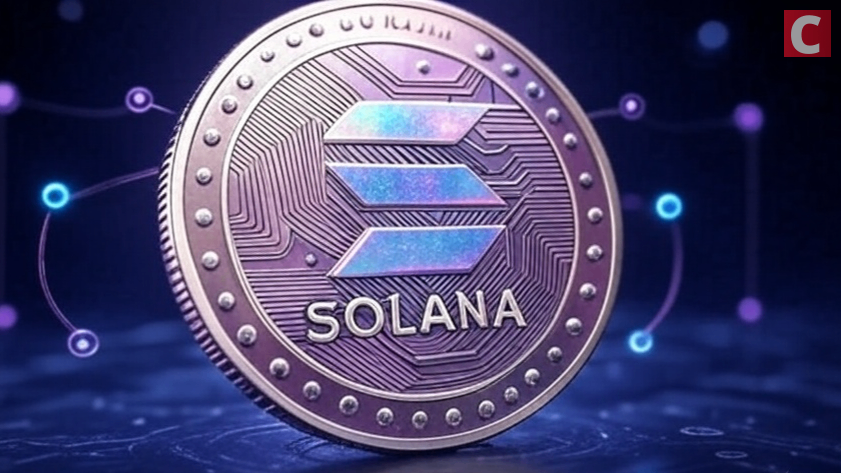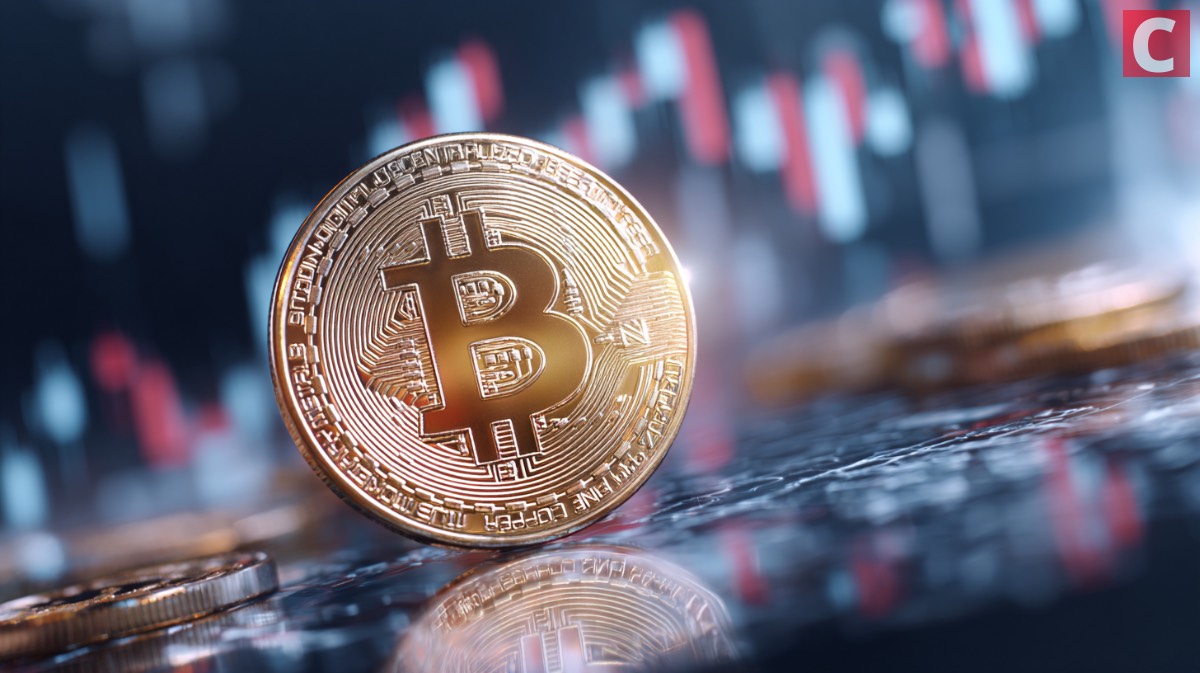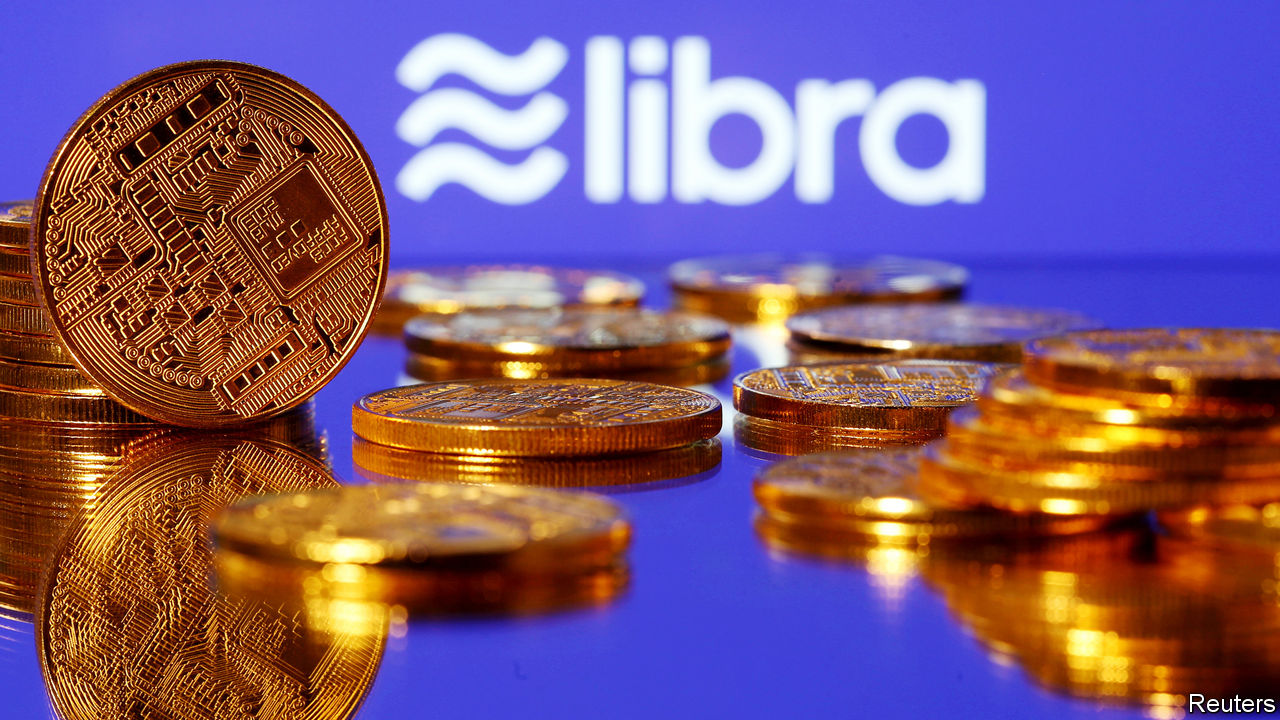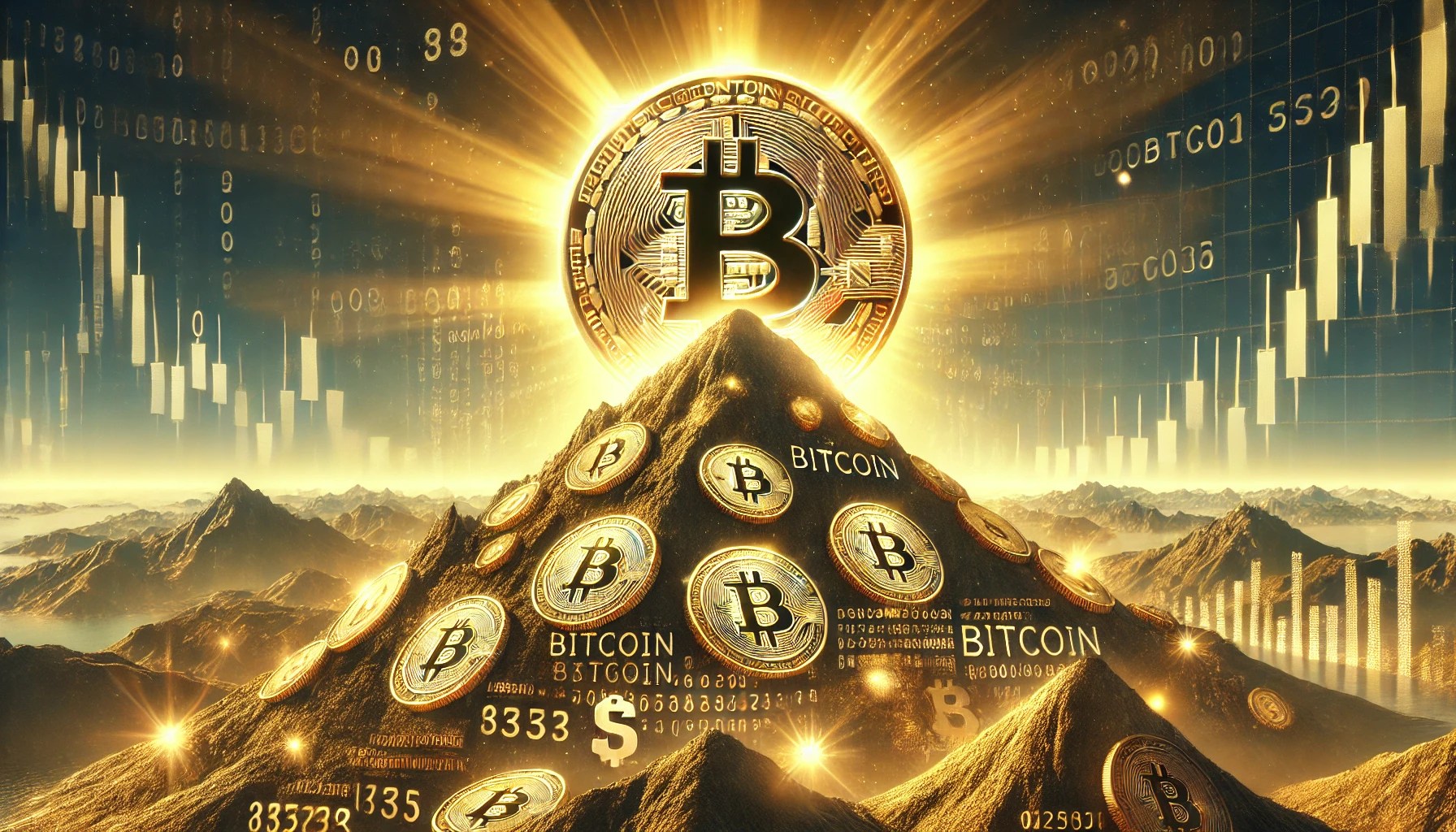 Leaving the gold standard was the ‘most costly mistake we ever made’ Christina Comben · 36 seconds ago · 3 min read
Leaving the gold standard was the ‘most costly mistake we ever made’ Christina Comben · 36 seconds ago · 3 min read
Leaving the gold standard eroded families, culture, and savings, but Bitcoin offers a chance to fix the money, and fix the world.

Cover art/illustration via CryptoSlate. Image includes combined content which may include AI-generated content.
According to a poignantly on-point educational video by Bitcoin media company TFCT, which depicts a society in decline, leaving the gold standard was the “most costly mistake we ever made” and the beginning of generational ruin.
The video, released to mark the anniversary of Nixon closing the gold window, depicts a grandfather on his porch imparting his words of wisdom (and regret) to his grandson, who questions:
“What was so bad about gold?”
To which his grandfather replies:
“It kept them honest.”
People think this is ‘just how life’s supposed to be’
For many people, this depressing paradigm of soaring prices, household debt, broken families, and an economy powered by endless credit is the natural order of things. As the grandfather laments:
“Folks today think this is just how life’s supposed to be.”
Yet, it wasn’t always this way. Previous generations were able to support a family on one wage, and eat dinner together every evening (rather than working overtime, glued to a computer screen, or rushing from one job to another).
The very foundation of our monetary system changed, he argues, when America abandoned the gold standard; an economic decision that had hefty consequences that rippled through families, culture, and the very fabric of society.
Leaving the gold standard: a costly mistake
America’s dollar was once backed by gold. This was not just a policy, but a promise, a force that kept governments “honest” and curbed the temptation to spend beyond their means.
The gold standard mandated restraint. Once the dollar’s convertibility to gold was removed, a new era of fiat money dawned.
Politicians gained the unchecked ability to finance whatever they wanted:
“They printed paper backed by nothing, funded wars we couldn’t afford and shouldn’t have been involved in.”
While some countries like France understood the dangers of this shift and sent a warship demanding their gold back, the majority of the world allowed the fragile system built on trust to flourish.
The decline wasn’t instant, but rather corrosive over time. Prices surged, salaries stagnated, “life got tougher, and nobody knew why.” The traditional household, one job supporting a family, home-cooked dinners, and a sense of certainty, became a relic:
“Turns out when you fake the money, everything else follows, and you screw the next generation over.”
Bitcoin offers hope for new generations
As paychecks shrank in purchasing power after leaving the gold standard, and families had less time, they “outsourced parenting” to government schools and television. The culture shifted toward debt, not savings. Consumerism boomed, but so did anxiety and prescriptions. Grandpa explains:
“They learned debt, not savings. Bought houses they couldn’t afford. Played video games. Gambling, antidepressants, and crimes. Families fractured. Divorce rates doubled. Birth rates plummeted. Things got so bad, people started financing Chipotle… We got softer, sicker, and lazier. A nation in decline.”
The lesson from this generational lament couldn’t be clearer: fake the money, and everything else unravels. When currency can be endlessly debased, the door opens to chronic deficits, generational inequity, and a perpetual cycle of “kicking the can down the road.”
Yet, within this somber reflection lies a call to action:
“We didn’t get it right, but you’ve still got a chance. So, take the reins, kid. Hold your ground, and don’t give up on sound money.”
Leaving the gold standard may be the architect of all our ills, but thanks to Bitcoin, newer generations get a shot at fixing the money and fixing the world.
Unlike fiat currency, Bitcoin is capped at 21 million coins and immune to the whims of politicians or central bankers. It is digital, divisible, borderless, and most importantly, fixed in supply. Where gold kept previous generations honest, Bitcoin does the same in a digital world.




















 English (US) ·
English (US) ·